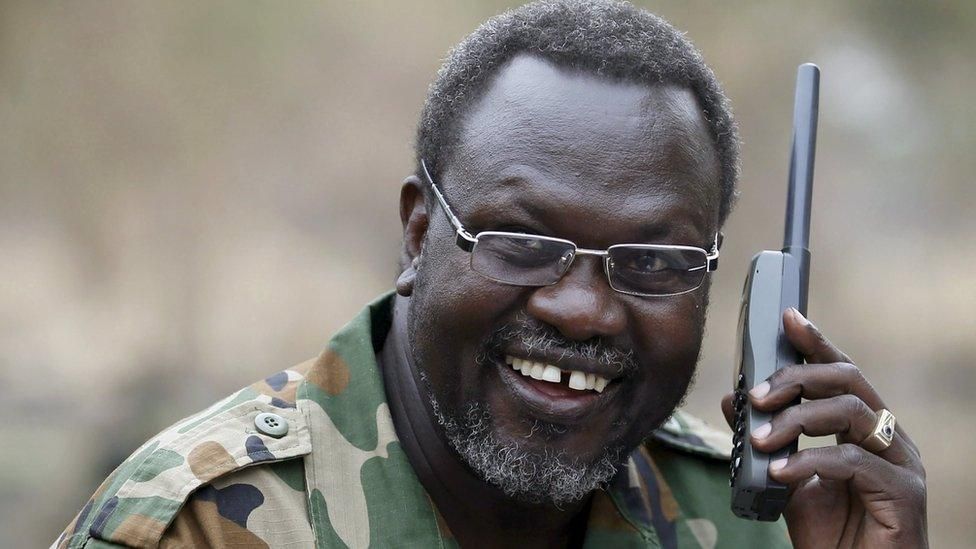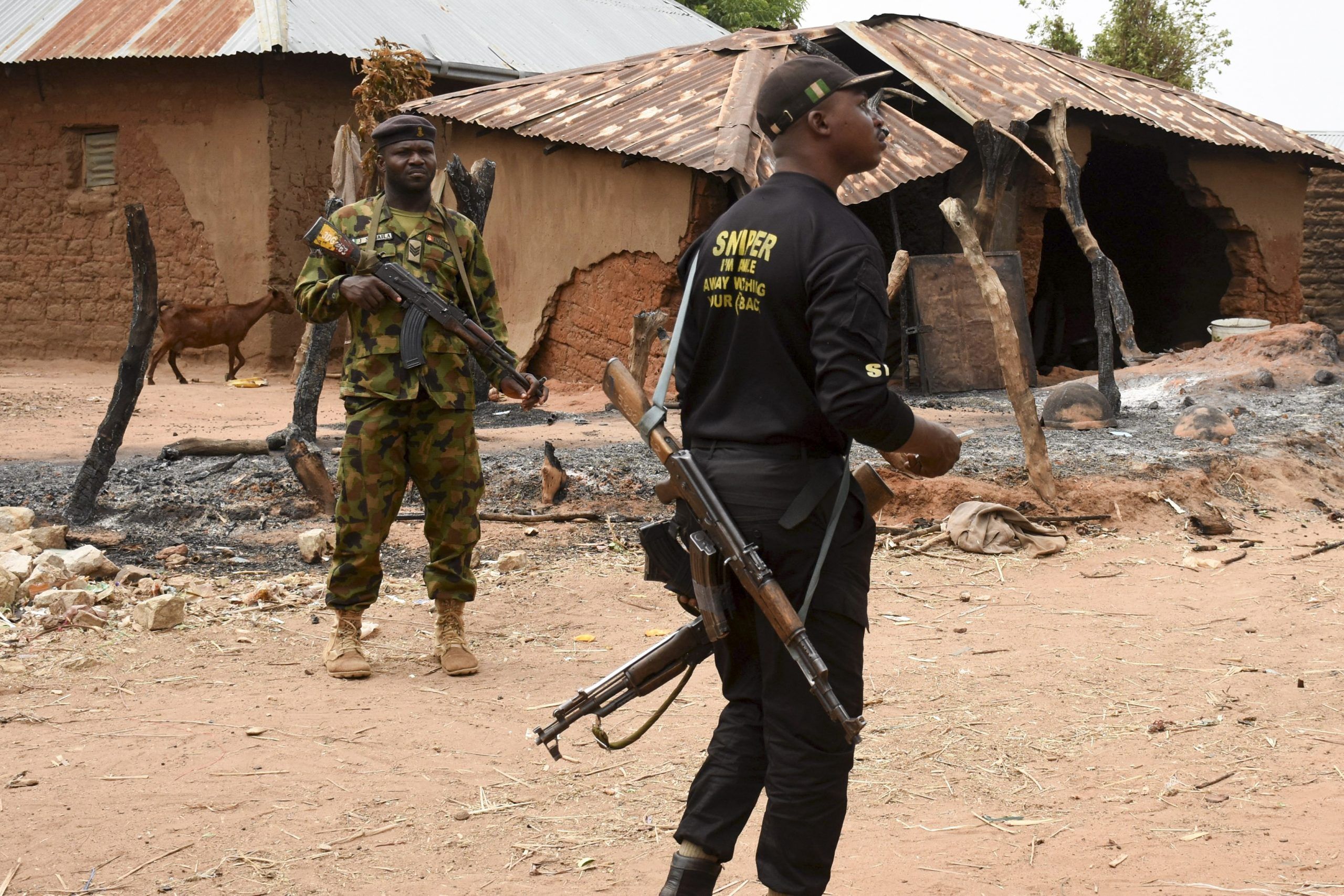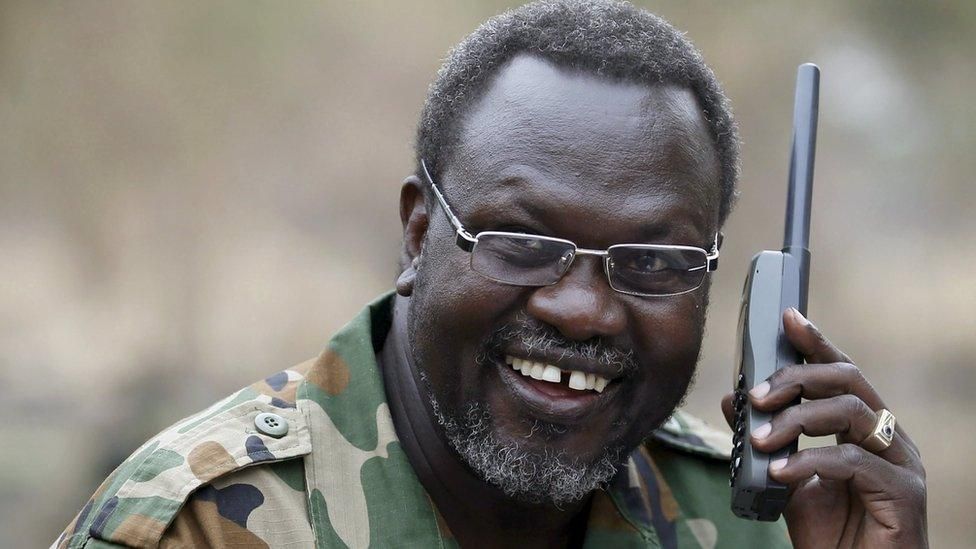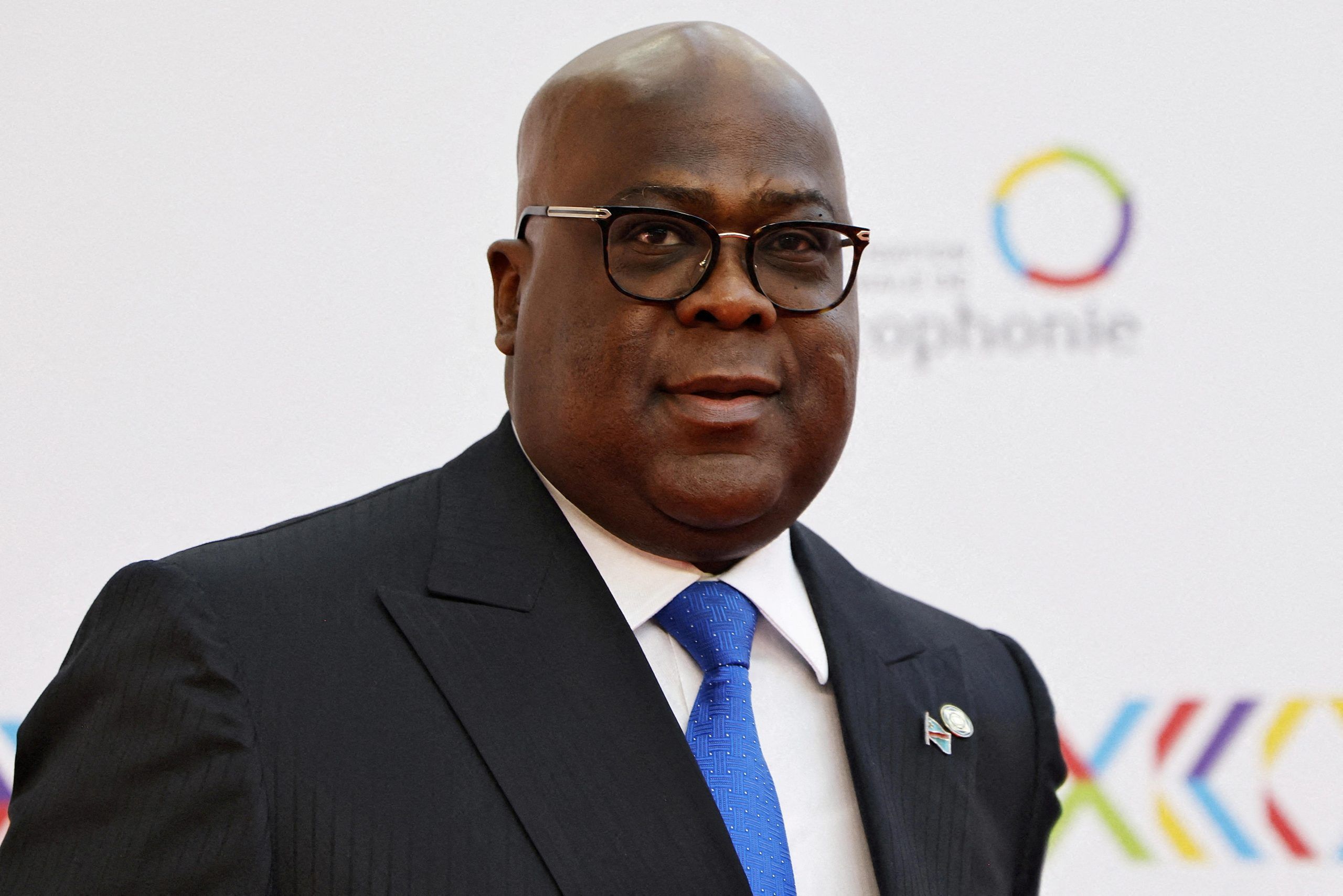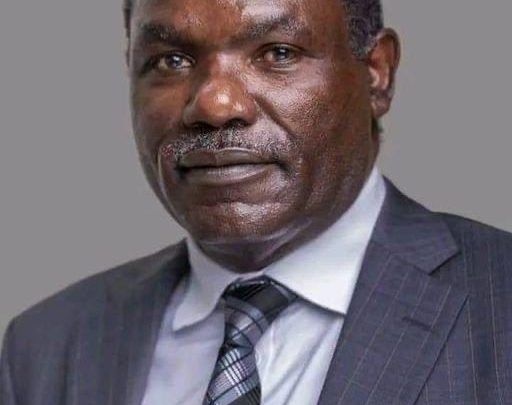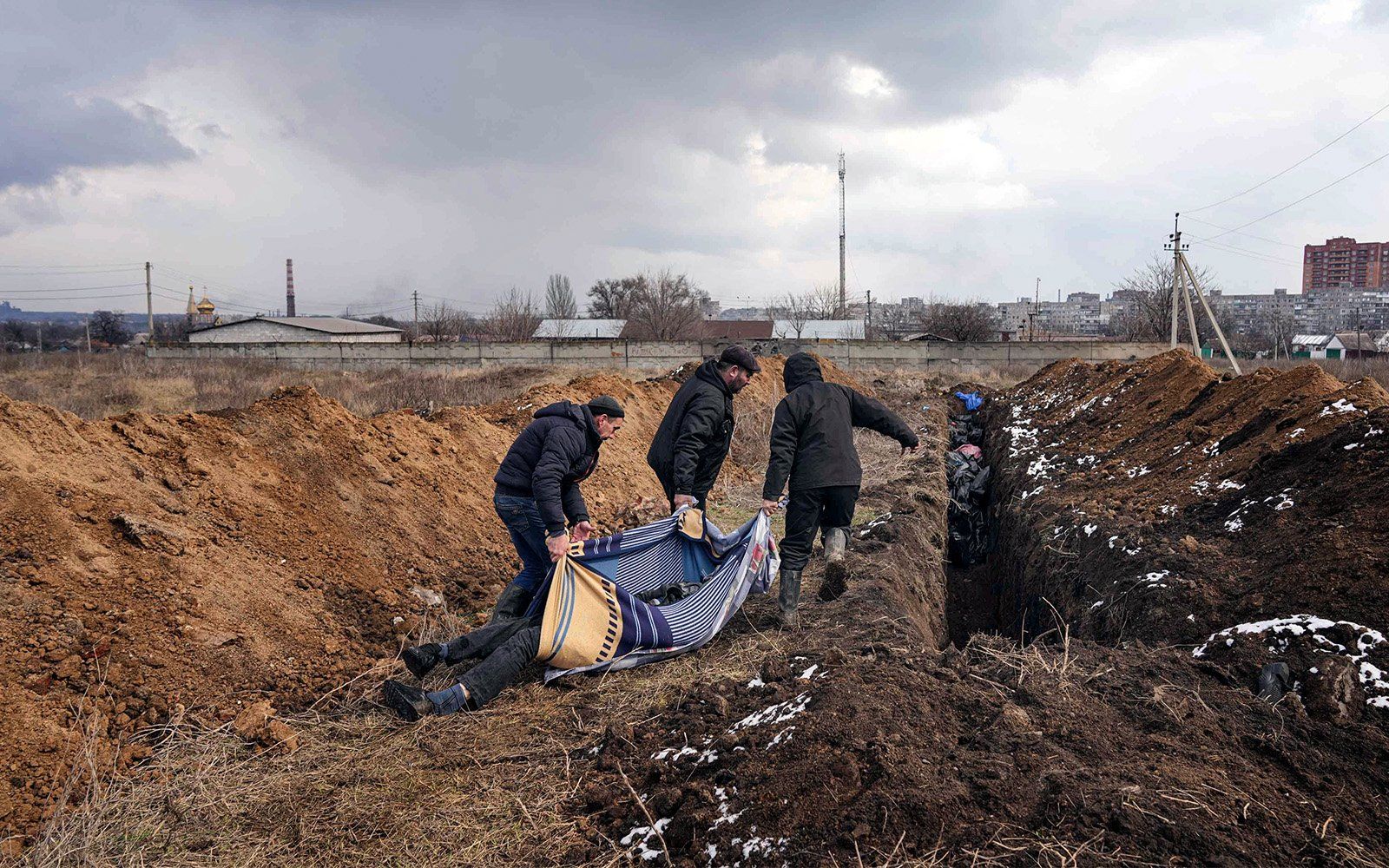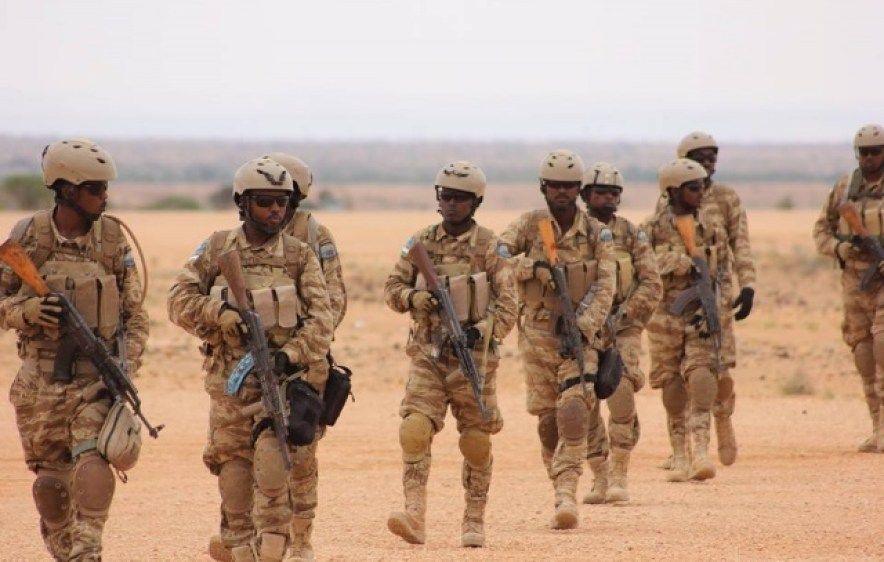Machar presented in a cage as high-stakes treason trial begins
The trial of former South Sudan Vice President Riek Machar commenced on Monday in the capital, Juba. Machar along with his co-accused was brought to court and presented in a cage marking his first public appearance since March when he was placed under house arrest.
According to justice authorities, Machar faces several serious criminal charges including his alleged involvement in an attack on a government troops’ garrison earlier this year. Additional charges include murder, conspiracy, terrorism, destruction of public property and military assets and crimes against humanity.
The proceedings were broadcast live on a national television drawing widespread attention. Machar’s legal team challenged the court’s jurisdiction arguing that it was incompetent to try their client. They also defended Machar asserting that he is protected from prosecution due to his endorsement of the 2018 peace deal that helped end a brutal civil war responsible for the deaths of over 400,000 people.
Relations between Machar and President Salva Kiir remain tense. Kiir, from the Dinka ethnic group; the largest in South Sudan has longstanding differences with Machar who hails from the Nuer, the second-largest ethnic group in the country. The ongoing political rivalry continues to influence the fragile stability of South Sudan as the country navigates its complex path towards peace and reconciliation.
